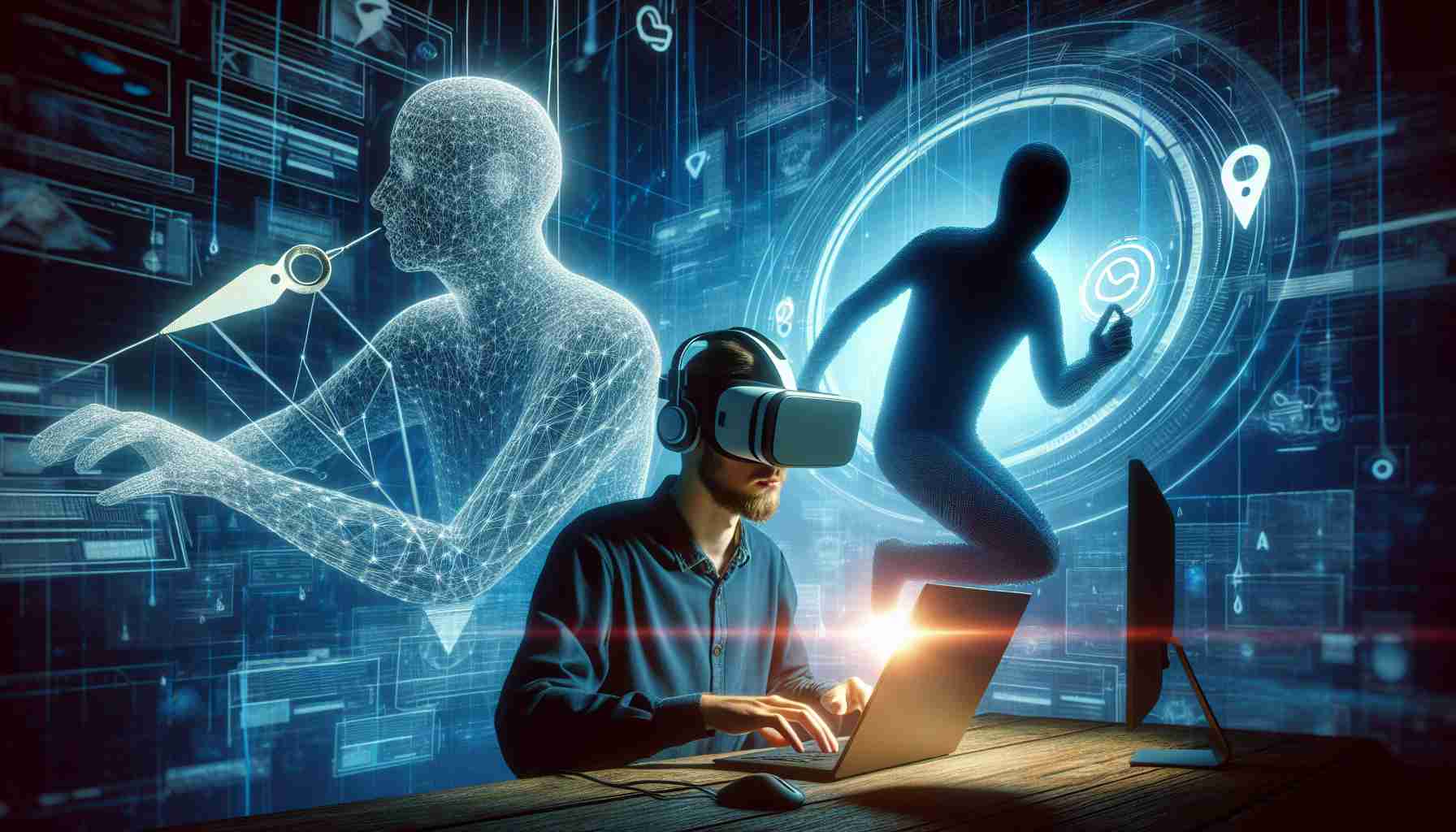Virtual Reality (VR) technology has revolutionized the way we perceive and interact with digital environments, offering unparalleled opportunities for exploration and engagement. While VR has opened doors to boundless creativity and innovation, there are emerging concerns regarding cybersecurity threats that could compromise the integrity of this transformative technology.
How could individuals unknowingly fall victim to VR manipulation?
Recent studies conducted by cybersecurity experts at esteemed institutions have shed light on a troubling possibility: the potential for hackers to infiltrate VR systems and exert control over users’ experiences surreptitiously. Rather than quoting specific findings, it is worth noting that these researchers have discovered techniques that enable malicious actors to alter users’ virtual surroundings and monitor their interactions without detection.
Instead of utilizing explicit quotes, the research findings can be summarized as demonstrating the vulnerabilities within VR systems that could be exploited through sophisticated techniques known as “inception attacks.” By injecting malicious code into VR hardware, hackers can discreetly influence users’ perceptions, behaviors, and digital interactions within the virtual realm.
This covert intrusion allows cybercriminals to eavesdrop on users, intercept voice commands, record keystrokes, track gestures, monitor browsing activities, and even manipulate social interactions – all without the users’ knowledge. Although executing such attacks currently demands intricate tactics and access to users’ network connections, the implications highlight the critical need for heightened cybersecurity measures in the ever-evolving landscape of VR technology.
To address these challenges, it is imperative for VR enthusiasts and stakeholders to maintain a proactive stance in safeguarding their virtual experiences. By adhering to robust security practices and staying informed about potential vulnerabilities, users can fortify their defenses against cyber threats and preserve the authenticity of their immersive encounters.
FAQ:
What is Virtual Reality (VR)?
Virtual Reality (VR) refers to an advanced digital technology that immerses users in simulated environments, replicating sensory experiences through specialized hardware like VR headsets.
Sources:
– MIT Technology Review
– University of Chicago
For comprehensive industry insights and market analysis on the evolving landscape of VR, reputable platforms such as MarketsandMarkets serve as valuable resources for understanding market dynamics and growth prospects within the VR sector.
The source of the article is from the blog xn--campiahoy-p6a.es





